It’s our Bandcamp Picks of the Week, featuring Kicksie’s delicate blend of garage pop, emo, and punk on SLOUCH and Zuckerbecker’s surprisingly joyous post-punk ripper self-titled record!
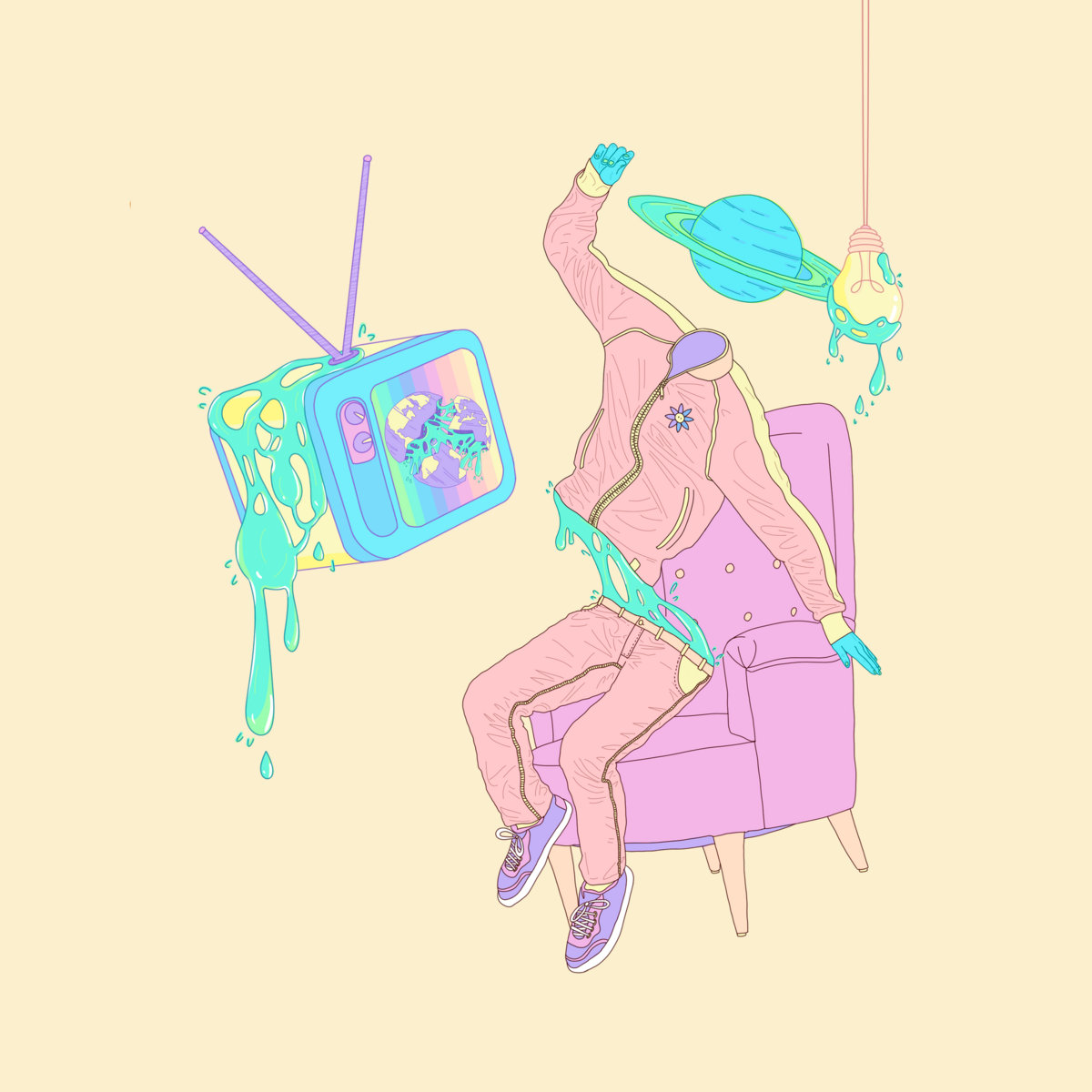
Kicksie – SLOUCH
Genre: Garage Pop
Favorite Tracks: “You’re On,” “Hear Me Out”
Even if it has a “bad faith New York Times Opinion section” stank to it, I do fully believe that the number of spaces where kids can be kids in America has dangerously dwindled. As I move further into my 30s, away from some conventional definition of “youth” while beginning to consider having children myself, the idea of what world I’d be bringing a child into naturally weighs on me.
As of late, I’ve thought about two things specifically:
- The trickle-down effect from multiple angles of criminalizing the outside has made the act of just being young—at least the way people wax poetic about it—impossible. Parks, malls, arcades, movie theaters, each spaces that over time have been regulated to require adult supervision or have been fully killed off by previous generations waxing poetic in the first place. We can blame smartphones all we want, but it’s pretty easy to retreat onto your phone when there isn’t a park or a mall you can go get into some mischief in. With that in mind, two quick stats for you: First, teens who meet up with their friends “almost every day” is down from 50% in the ’90s to 25% today. Second, in 1990, 63 percent of Americans reported having five or more close friends. In 2021, only 38 percent did. Throw in a litany of stories about child labor laws being broken and it’s, holistically, easy to make depressing generalizations about Gen Z or Gen Alpha.
- The sheer aesthetic associated with this dying youth culture (the one I think we all mentally go back to that ranged from the Reagan years into the late 2000s) has no easily replicable space for Gen Z or Gen Alpha; malls, Chuck E. Cheese, Hot Topic, Saturday morning cartoon ads, skateparks, and dozens of other monocultrual touchstones became the backdrop for some myth of suburban (and often white) teenage bohemia. If kids have a lack of adult supervision these days, what does it look like? What does it feel like? I ask because I literally don’t know.
This is a lot to voice in a write up that’s ultimately meant to be about Kicksie’s SLOUCH, an album I’m going to unfairly say captures a tangible Gen Z aloofness and joy that is both life affirming amidst this existential ponderment and also sonically reaching back towards a time when Friday night mall hangs and paying for one movie ticket only to have a friend let you in the emergency exit were formative to whatever the “teenage experience” is/was. A slacker energy dominates buoyant power pop melodies and twinkling guitar leads. Below quietly emo choruses and steadfast, glitzy garage rock drive is a calming, carefree relief. It’s mall pop at a time when malls are dying. And again, that’s unfair to ascribe unto SLOUCH, which is DIY heart-on-its-sleeve songwriting at its best. Between Giuliana Mormile’s coming-of-age lyricism you can sense hope—an attempt to avoid life’s blue shells. But at 31, I hear it and briefly (briefly) consider that any of the helplessness I feel is irrelevant. The kids will persist because they have to just like they always have; problems, it turns out, don’t have to be existential. It’s refreshing that Kicksie and a whole generation of talented artists can deliver a respite of youthful problems. You can check out SLOUCH over on Bandcamp. [CJ Simonson]
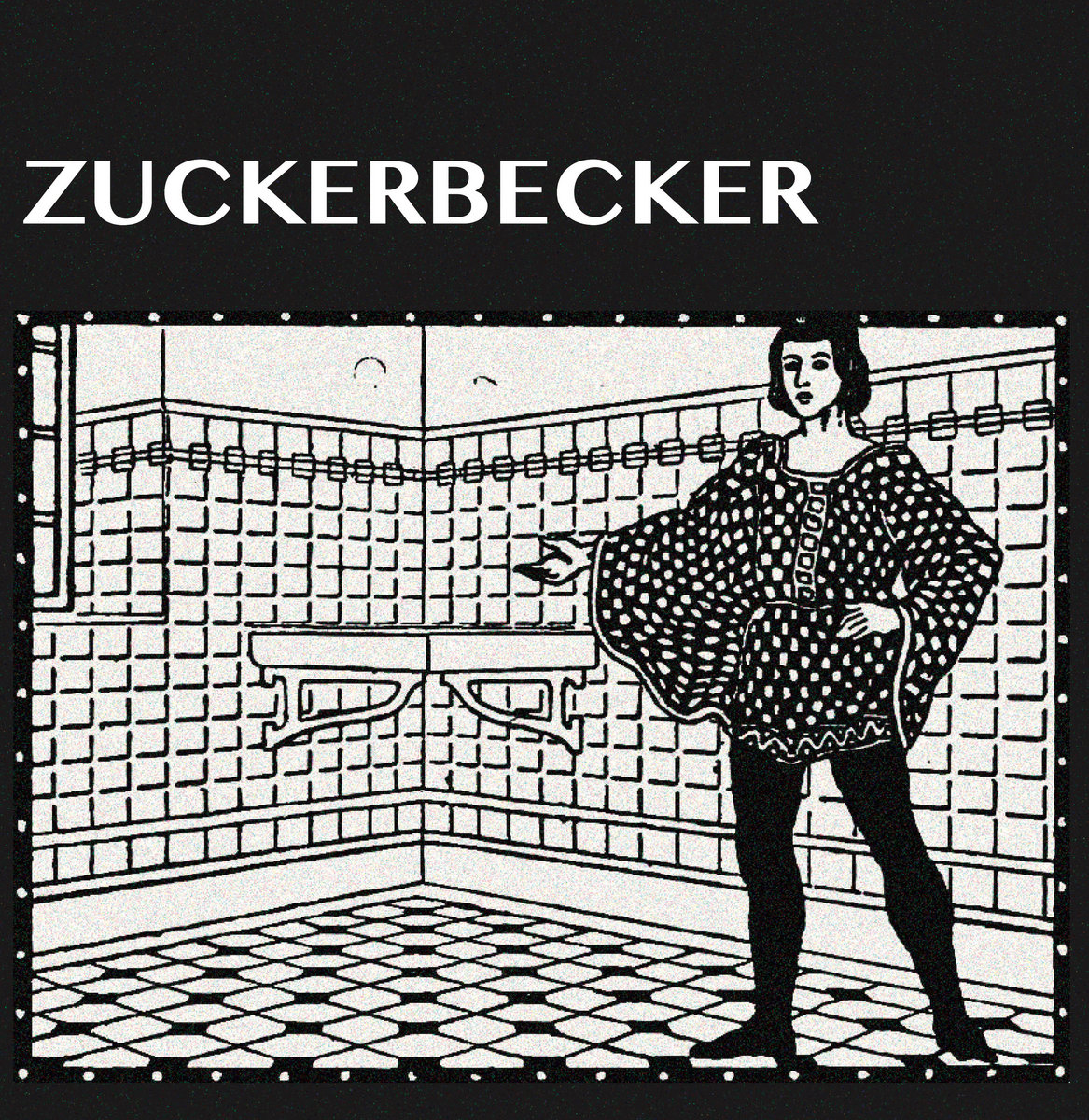
Zuckerbecker – S/T
Genre: Post-Punk
Favorite Tracks: “Happiness,” “Dead Pony,” “Villages”
Can happiness actually be a part of punk music? I mean, the answer’s already obvious if you’ve ever played and/or attended Warped Tour, or idolized MxPx and NOFX. But what about DIY, post-punk, and those genres obsessed with dark overtones and cynicism?
Switzerland’s own Zuckerbecker answers that question with a resounding “Ja.” With a name that reportedly means “Great feeling,” or has to do with baking—not to mention how Switzerland crushes it on the Happiness Index—their very existence is an affirmation of punk’s more joyous tendencies. Their self-titled, 12-track album demonstrates to us the true promise of existential joy through confrontational, multilayered punk. What better place to begin than the opener, “Happiness,” which cements an album-wide trend. It’s a dreary post-punk jam whose main lyrical contribution is, “You’ve left the isles / It’s been so vile.” And, sure, it ain’t bubblegum and booty-shaking, but it exemplifies a joy in this minimalist punk approach, and how heaps of subtext can be meaningful expressions of something nigh whimsical. Similarly, “How it all started” seems just as wonderfully non-happy—until you see how a dancey ditty about the world’s end can be a chance to engage in something life-affirming: finality as the thing to smash the world’s veneer and celebrate what’s left. The rest of the record is full of other such “uneven” moments. “Dead Pony” turns that most depressing of titular subject matters into a hyperactive ballad. Or, “Metropolis,” which might be a harsh criticism about cities and the feckless nature of modern life, but proves unabashedly catchy at every turn thanks to its eternal momentum. Even another standout, “Villages,” manages to pivot from talk of gallows and empty towns to this garage-ian smash hit that should’ve been played on a Cold War-era variety show.
What, then, is behind the album’s dichotomous pull-thread? Are Europeans more complicated than Americans? Sure—songs like “Villages,” and even “Eternity” (where death and the fading of life hum with fondness over dismay) recognize that pure joy is not a static concept. Could it also be a language thing? Sure, several German-language songs, like “Kalkulation,” may poke holes in my theory (even if I don’t see that happening). Maybe we’ve all just gone mad post-COVID and smile in the face of endless, black-hued pessimism!? No argument here, folks. At the end of the day, I think it’s this one thing: happiness isn’t a lyric or a sound, but rather something to seek out. It’s why bands pick up guitars in the first place; why you bash your head with your buddies to birth these songs over hours/days/weeks; why you schlep around town to play for total bloody strangers. It’s the beating heart of why people scream about their lives and the ever-decaying world. It’s the thing that makes it all worthwhile when it’ll never, ever be remotely close to OK. In that sense, Zuckerbecker may be the most “happy” band out there. Except for Raffi—no one is more joyous than that fella. Listen to it now over on Bandcamp. [Chris Coplan]




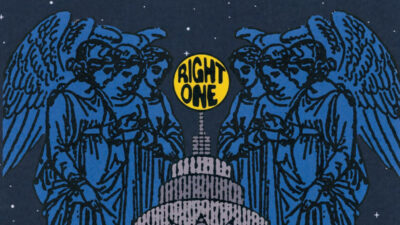
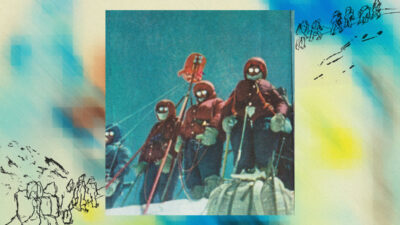
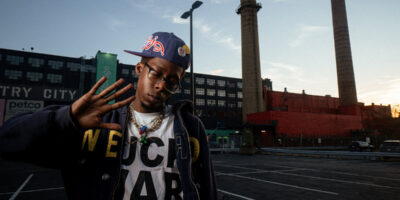
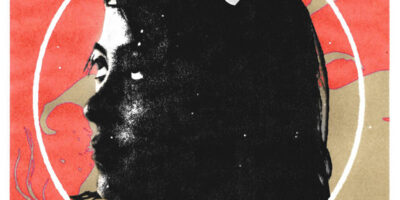


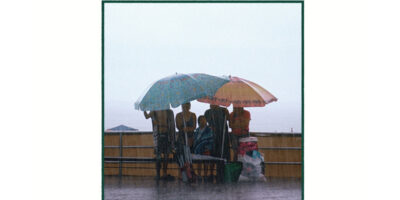
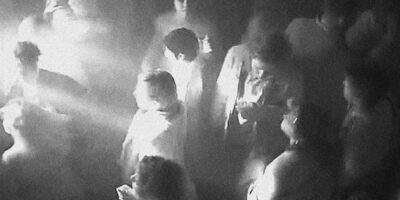


Comments